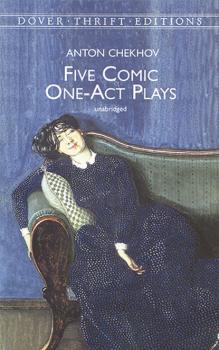ТОП просматриваемых книг сайта:
Dover Thrift Editions
Скачать книги из серии Dover Thrift EditionsАннотация
Информация о книге
Автор произведения St. Teresa of Avila
Жанр Религия: прочее
Серия Dover Thrift Editions
Аннотация
Аннотация
Информация о книге
Автор произведения Группа авторов
Жанр Зарубежная классика
Серия Dover Thrift Editions
Аннотация
Информация о книге
Автор произведения Группа авторов
Жанр Управление, подбор персонала
Серия Dover Thrift Editions
Аннотация
Аннотация
Информация о книге
Автор произведения Friedrich Nietzsche
Жанр Философия
Серия Dover Thrift Editions
Аннотация
Аннотация
Аннотация
Информация о книге
Автор произведения Группа авторов
Жанр Зарубежная классика
Серия Dover Thrift Editions










